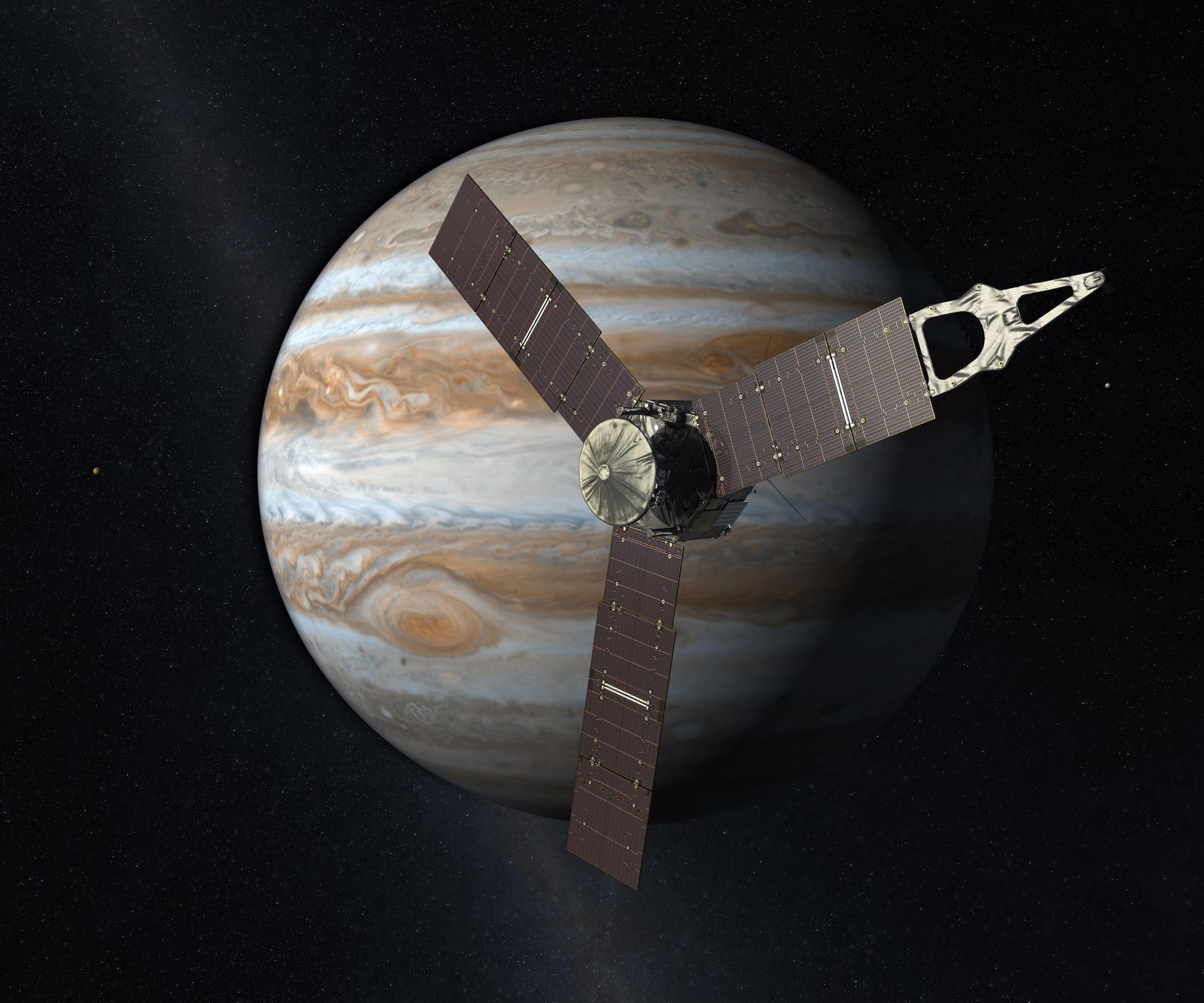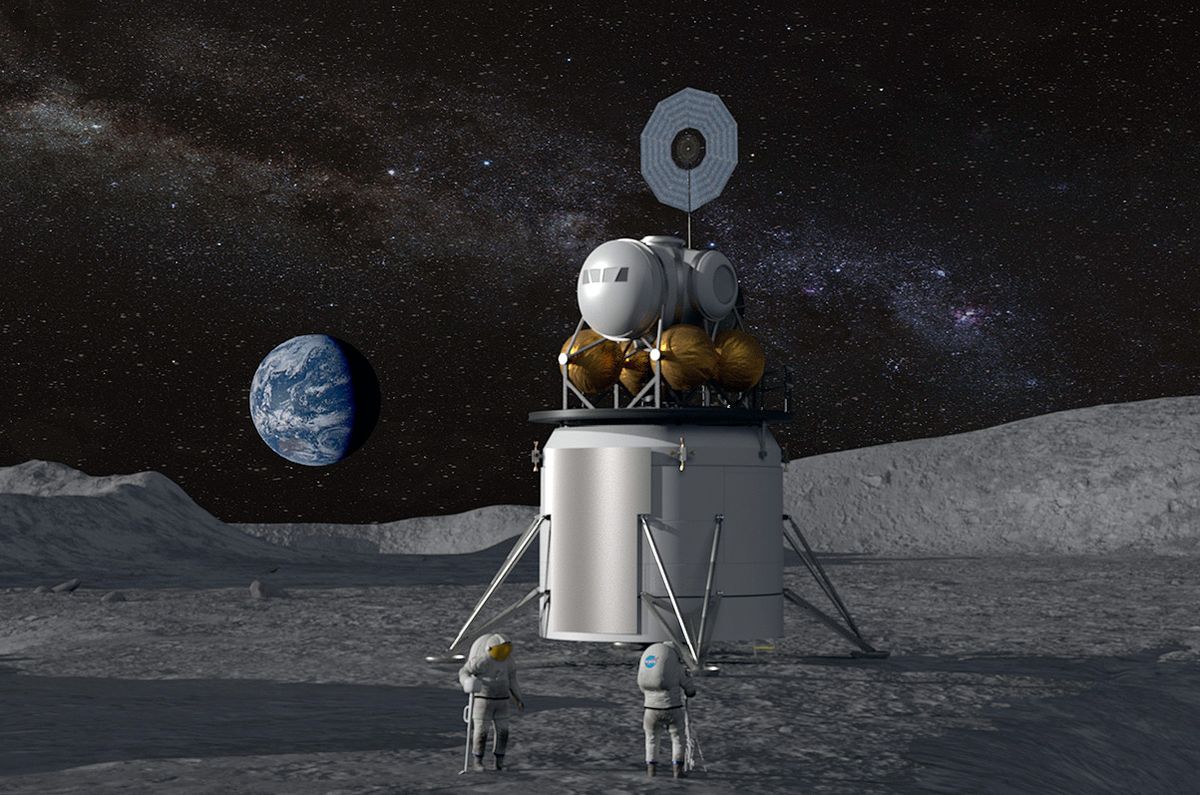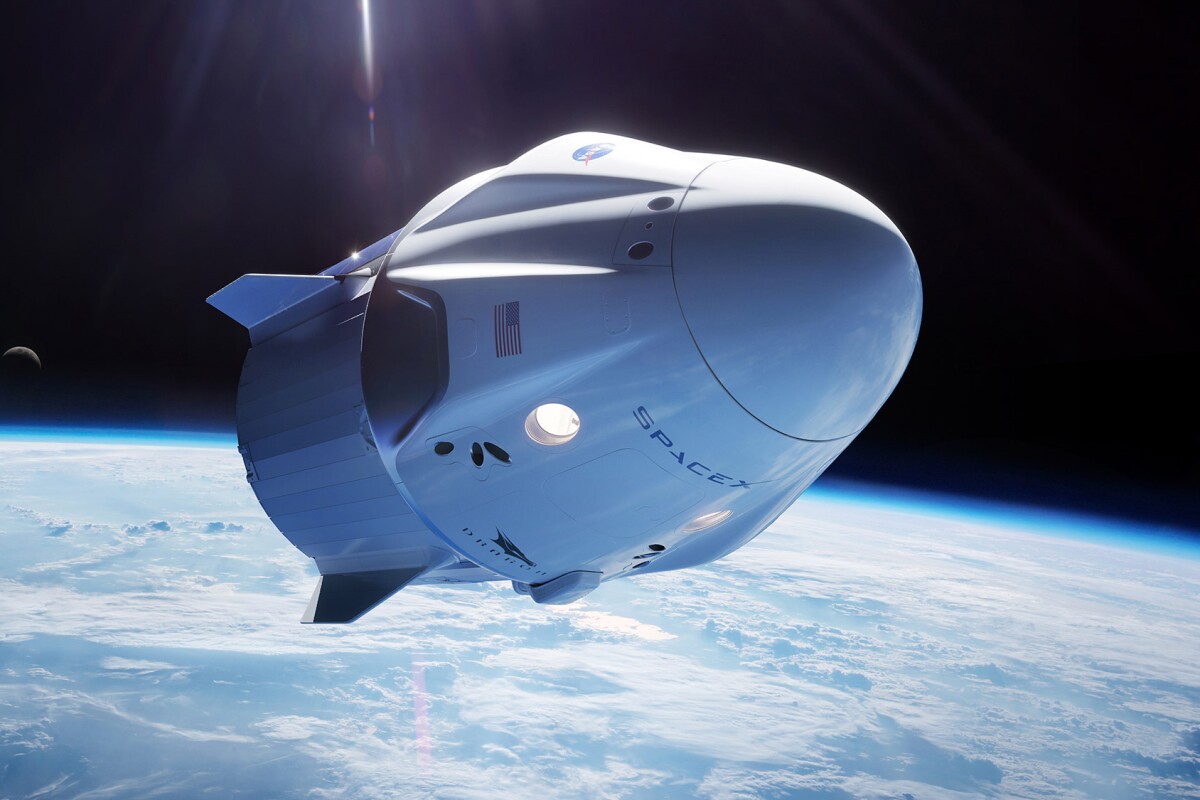Beyond the Horizon: The Ever-Expanding Frontiers of Space Exploration
Introduction:
Space exploration has always been humanity's quest to push the boundaries of knowledge and venture into the unknown reaches of the cosmos. From the early days of launching robotic probes to the distant planets of our solar system to the ambitious endeavors of crewed missions to explore other worlds, the pursuit of space exploration continues to captivate our imagination and drive scientific progress. In this blog, we delve into the latest missions, discoveries, and advancements in space exploration, highlighting the remarkable achievements that propel us further into the cosmos.
Robotic Probes: Unveiling the Mysteries of the Solar System
Robotic probes have been indispensable in our quest to explore the solar system and unravel its mysteries. Recent missions have provided unprecedented insights into the geological features, atmospheres, and compositions of distant planets and moons.
NASA's Perseverance rover, launched in 2020, represents the latest chapter in Mars exploration. Equipped with advanced instruments and cutting-edge technology, Perseverance is tasked with searching for signs of past microbial life, collecting samples for future return to Earth, and testing technologies for future human exploration of Mars.
Meanwhile, the Juno spacecraft continues to orbit Jupiter, studying its atmosphere, magnetic field, and interior structure with unprecedented precision. Juno's observations have revolutionized our understanding of the largest planet in our solar system, revealing its complex and dynamic nature.Propulsion and spacecraft technology advancements have also enabled missions to the outer reaches of the solar system. NASA's New Horizons spacecraft, which flew by Pluto in 2015, provided the first close-up images of the distant dwarf planet, offering new insights into its geology and surface features.
Crewed Missions: Pioneering Human Exploration Beyond Earth
Crewed missions represent the pinnacle of human achievement in space exploration, allowing astronauts to venture beyond Earth's orbit and explore other worlds firsthand. Recent advancements in spacecraft technology and international cooperation have paved the way for ambitious crewed missions to the Moon, Mars, and beyond.
NASA's Artemis program aims to return astronauts to the lunar surface by the mid-2020s, establishing a sustainable human presence on the Moon. The Artemis missions will serve as a stepping stone for future crewed missions to Mars and beyond, fostering international collaboration and advancing scientific research.
SpaceX's Crew Dragon spacecraft, developed in partnership with NASA, represents a significant milestone in commercial spaceflight. Crew Dragon has successfully transported astronauts to and from the International Space Station (ISS), reducing reliance on Russian Soyuz spacecraft and opening up new opportunities for crewed space exploration.
Future Directions: Expanding the Frontiers of Human Knowledge
As we look to the future, the possibilities for space exploration are limitless. Propulsion, robotics, and artificial intelligence advancements promise to revolutionize our ability to explore the cosmos and search for signs of extraterrestrial life.
Proposed missions to the icy moons of Jupiter and Saturn, such as Europa Clipper and Dragonfly, hold the potential to discover habitable environments and organic molecules that could shed light on the origins of life in the solar system
Furthermore, private companies like SpaceX, Blue Origin, and Virgin Galactic are pioneering the development of commercial space tourism and colonization, opening up new opportunities for civilians to experience the wonders of space firsthand.
Conclusion:
Space exploration is a testament to humanity's insatiable curiosity and desire to explore the unknown. From robotic probes to crewed missions, the quest to unravel the mysteries of the cosmos continues to drive scientific innovation and inspire future generations of explorers. As we embark on new missions to distant worlds and push the boundaries of human knowledge, we stand on the brink of a new era of space exploration, where the possibilities are limited only by our imagination.



Comments
Post a Comment